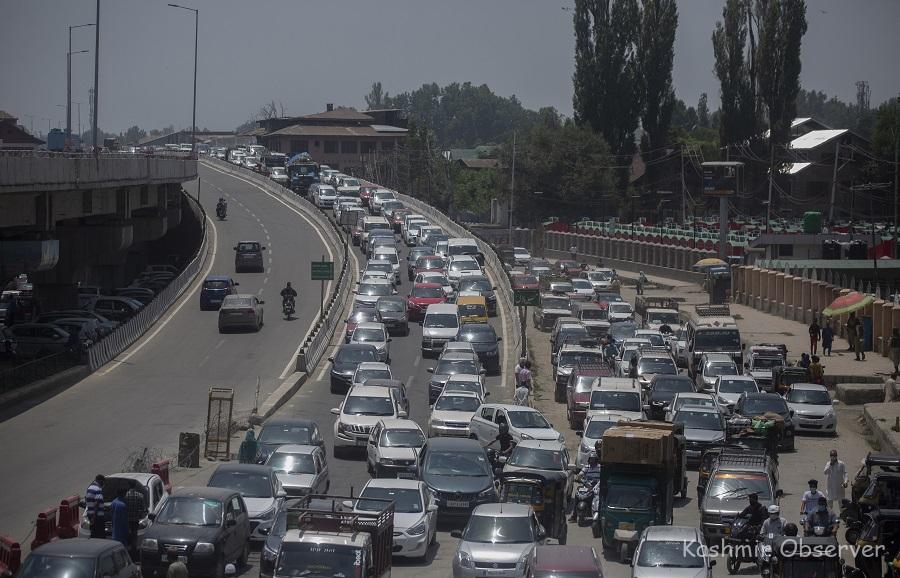
Srinagar- In a move aimed at curbing misuse and fraudulent transfer of vehicles, the Jammu and Kashmir government has issued fresh operational guidelines making authorisation mandatory for all dealers handling registered vehicles in the Union territory.
Officials said the Transport Commissioner’s office has circulated new operational guidelines for the registration and authorisation of dealers of registered vehicles, following a notification issued by the Union Ministry of Road Transport and Highways.
The new framework makes authorisation compulsory for any entity dealing in resale, stock or handling of registered vehicles, with complete digital traceability ensured through the VAHAN platform. Key provisions include online applications with mandatory verification of premises, five-year validity of authorisation, real-time reporting of transactions, secure custody of vehicles, and proper maintenance of KYC and digital records of buyers and sellers.
Authorities have directed regional transport officers, assistant RTOs and enforcement teams to conduct inspections, verify entries on VAHAN and take strict action against unauthorised dealers. After 21 days, district police and state taxes authorities will also step in to seize vehicles found being sold without valid authorisation. Existing dealers have been given 30 days to obtain the required approval, officials said. No vehicle transaction will be allowed through non-authorised dealers.
Transport Commissioner Vishesh Paul Mahajan said the new guidelines will curb fraudulent transactions, prevent misuse of vehicles by anti-social elements and bring greater transparency to the resale ecosystem across Jammu and Kashmir.
Meanwhile, Transport Secretary Avny Lavasa has called for effective implementation of the Registered Vehicle Scrapping Policy, which targets vehicles 15 years or older and those unfit for road use due to accidents, disasters or general wear and tear.
She said the scrapping process will follow scientific standards to promote recycling and reduce environmental impact under the Environment Protection Rules. The policy, she added, is expected to create a thriving business ecosystem in scrapping and recycling, generating employment in areas such as dismantling, processing and logistics.To support the rollout, the government plans to offer incentives and provide land bank support for setting up scrapping facilities across the UT. Lavasa said the policy is a forward-looking initiative that will benefit vehicle owners and boost the regional economy, and stressed the need to engage the public and businesses for successful implementation.
Source link



